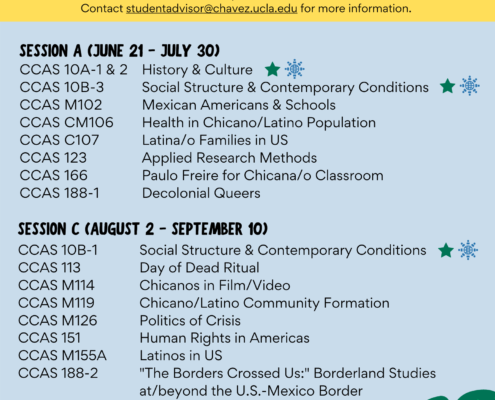
LA Social Science 2021 Summer Course Previews: Chicana/o and Central American Studies Summer Courses
As summer 2021 approaches, LA Social Science will be highlighting…
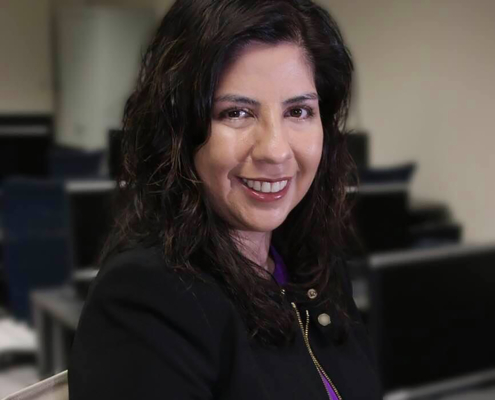
Dean’s Fund for the Study of Diversity and Racial Inequality Accepting Grad Student Applications
In light of the reawakened reckoning on racial justice issues…
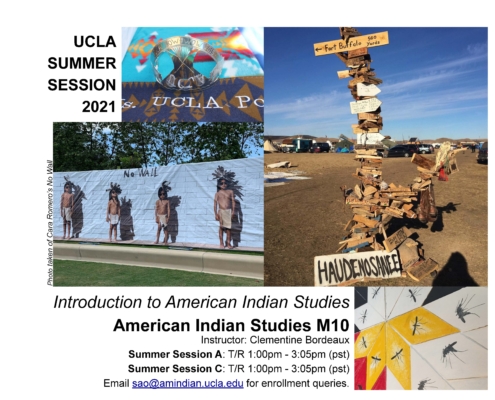
LA Social Science 2021 Summer Course Previews: Introduction to American Indian Studies with Professor Bordeaux
As summer 2021 approaches, LA Social Science will be highlighting…

UCLA Professor Eric Avila Discusses Infrastructure and Racial Equity with The New York Times and NPR
Dr. Eric Avila, UCLA Professor of History, Chicana/o and Central…
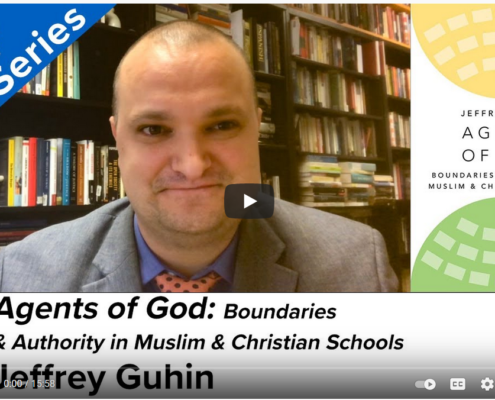
LA Social Science Book Series on Boundaries and Authority in Muslim and Christian Schools with Professor Jeffrey Guhin
In Dr. Jeffrey Guhin's book, Agents of God: Boundaries and…
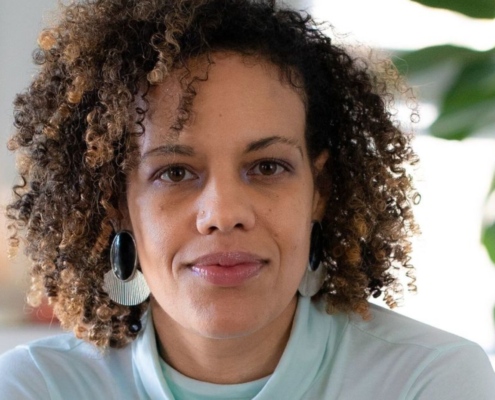
Professor Shana Redmond Elected American Studies Association President
Dr. Shana L. Redmond, UCLA professor in the departments of African…
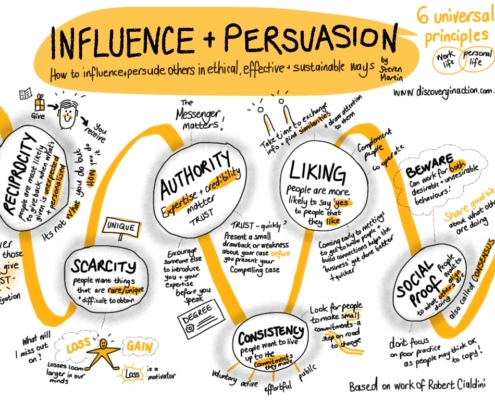
LA Social Science 2021 Summer Course Previews: Communication Courses with Professor Suman
As summer 2021 approaches, LA Social Science will be highlighting…
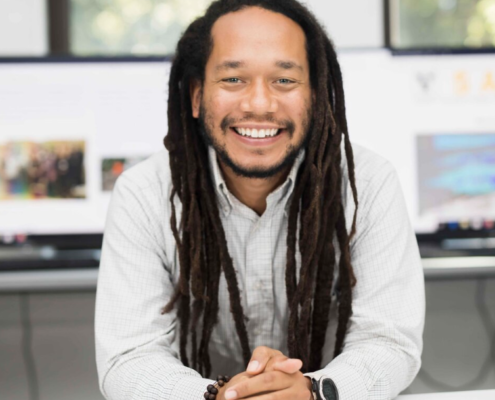
Incoming UCLA Professor Dunnavant’s Work With the Smithsonian in Africatown Featured in the News
Dr. Justin Dunnavant, an incoming professor in the UCLA Department…
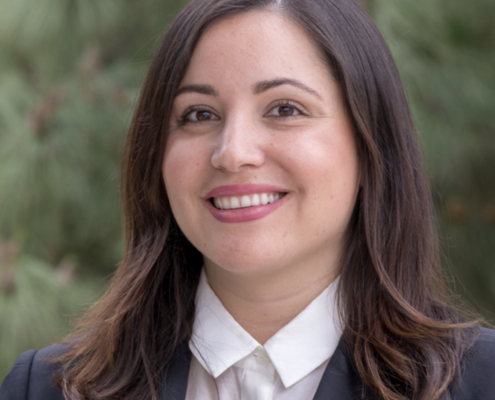
Sonja Diaz Testifies in U.S. House Hearing on Ensuring Free and Fair Access to the Ballot
Sonja Diaz, founding director of the UCLA Latino Policy and…

UCLA’s Dr. Ana-Christina Ramón Awarded $100,000 as Inaugural Latino Film Institute Scholar
Academy Award®-nominated actor Edward James Olmos announced…

